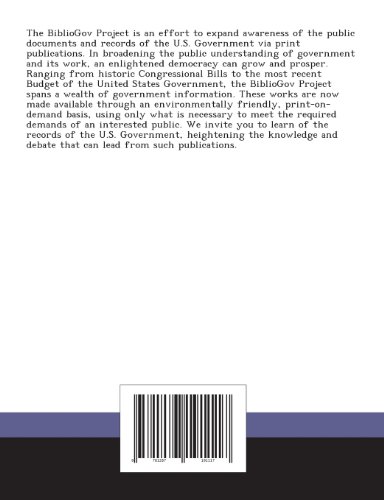معلومات عنا



Pursuant to a congressional request, GAO provided information on the potential effects of a national beverage container deposit law. GAO found that: (1) beverage industry representatives reported that the capital and operating costs to implement deposit systems would hurt retailers and distributors because of additional transportation, storage, and labor costs; (2) beverage and container manufacturing industry representatives argued that higher beverage prices and the inconvenience of the deposit system to consumers would lower beverage consumption; (3) despite studies showing declines in beverage consumption in some states with deposit laws, the declines were short-term and only partially attributable to deposit laws; (4) the glass container manufacturing industry maintained that deposit laws could cause a loss of jobs in that industry; (5) most studies maintained that deposit laws significantly reduced litter, conserved energy and natural resources, and diverted waste away from landfills; (6) deposit laws could have a significant role in helping to meet the Environmental Protection Agency's 25-percent solid waste recycling goal; and (7) although deposit systems could divert potential revenue away from curbside recycling programs, most states with deposit laws indicated that curbside recycling could coexist with deposit systems.
ترست بايلوت
منذ شهر
منذ 4 أيام